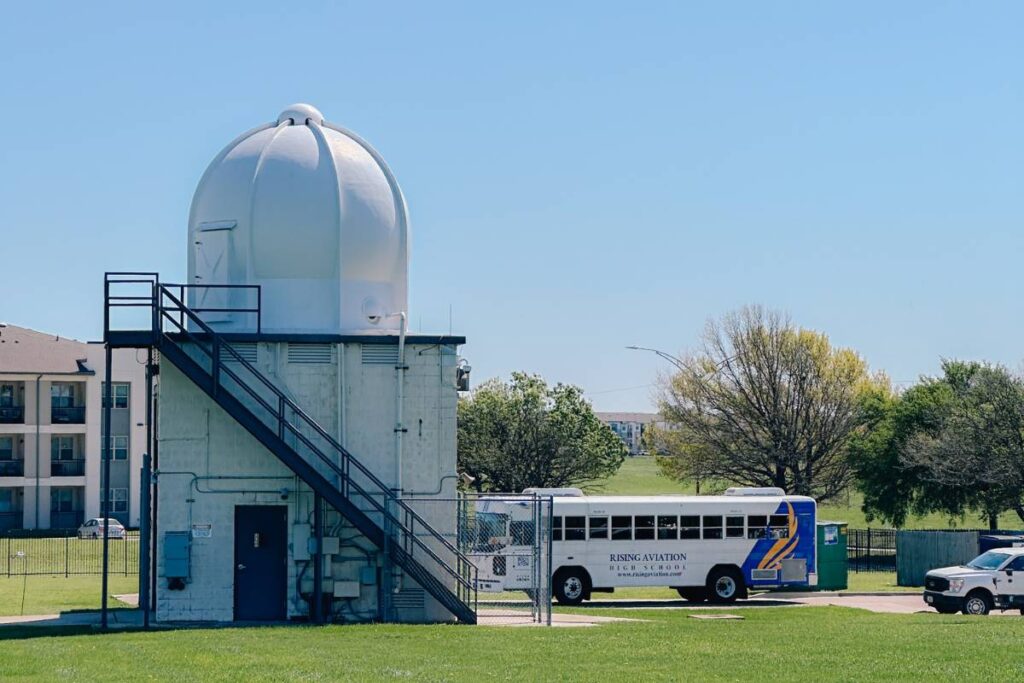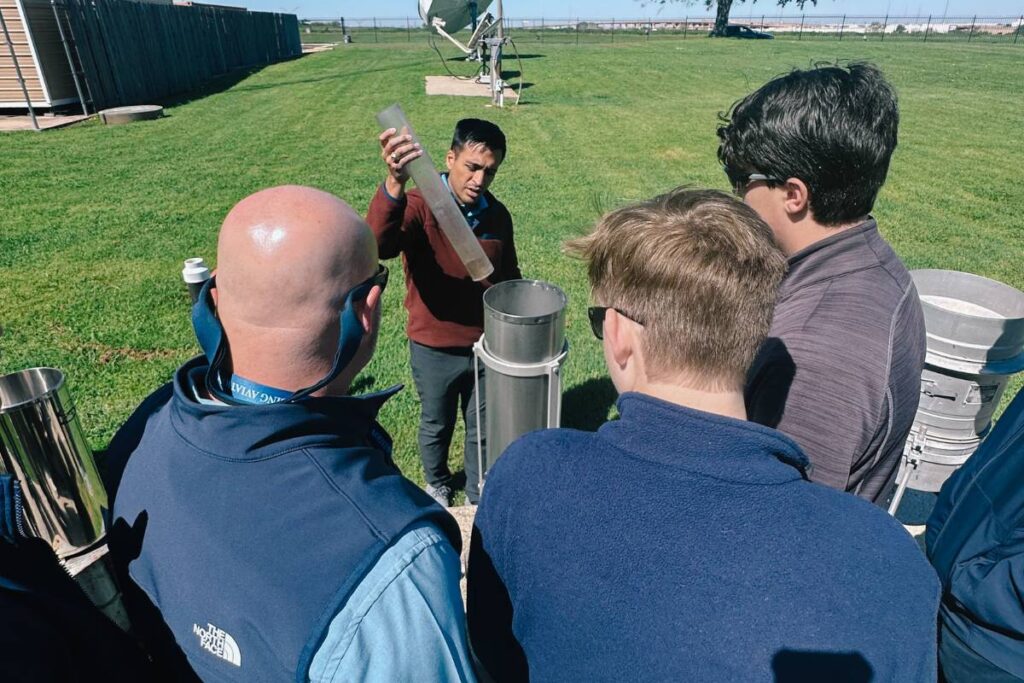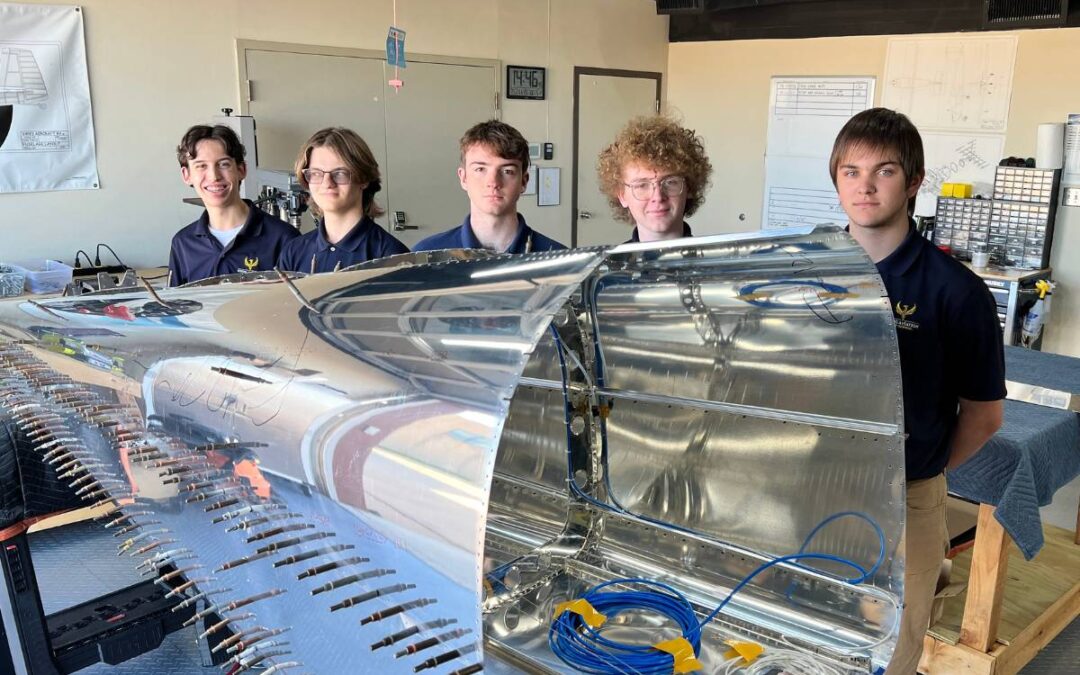Meteorologists play a key role in our daily lives, but did you know they’re also vital for safe air travel?
Aviation meteorologists use their skills to help pilots plan safe flight paths and avoid dangerous weather conditions.
These experts blend science and math to analyze complex data and create forecasts that keep planes and passengers safe. Their work helps avoid costly delays and cancellations.
If you’re interested in science and want a career that makes a real difference, becoming an aviation meteorologist might be perfect for you.
This job offers exciting opportunities to work with cutting-edge technology and solve important problems.
Let’s explore this unique career path.
Role And Responsibilities of Aviation Meteorologists
As an aviation meteorologist, your primary focus is on forecasting weather for safe air travel.
You’ll analyze atmospheric conditions and create detailed weather forecasts for pilots and air traffic controllers.

Your job involves:
- Monitoring wind patterns, cloud cover, and visibility
- Predicting thunderstorms and other severe weather
- Assessing temperature and humidity levels
- Interpreting radar and satellite imagery
You’ll use advanced tools like weather radar and computer models to predict weather conditions.
Your forecasts help airlines plan safe routes and make crucial decisions about takeoffs and landings.
Day-To-Day Activities And Tasks
Like any job, your day-to-day tasks will vary widely but here as an overview of what a typical day might look like.
You’ll start by reviewing the latest weather data from various sources. This includes checking radar, satellite images, and reports from weather stations.
Throughout your shift, you’ll:
- Update forecasts as new information comes in.
- Submit briefings for pilots and air traffic controllers on current conditions.
- Monitor developing weather patterns that could affect flights.
You might also collaborate with other meteorologists to improve forecasting accuracy.
Required Education And Skills
Getting a job as a meteorologist takes rather specific schooling.
You’ll need the right degree and skills to predict weather for safe flights.
A STEM high school education can give you a head start.

Necessary Educational Background And Degrees for Aviation Meteorologists
To become a meteorologist, you’ll need a bachelor’s degree in meteorology or atmospheric science. This degree teaches you about weather patterns, climate, and forecasting methods.
Your classes will cover:
- Physics
- Math (like calculus and differential equations)
- Computer science
- Earth sciences
Some jobs might ask for a master’s or PhD, especially for research roles. These advanced degrees let you specialize in areas like climate change or severe weather.
Key Skills And Qualifications
As a meteorologist, you’ll need more than just book smarts. Your job will require a mix of technical and soft skills.
Key skills include:
- Strong math and physics knowledge
- Computer modeling expertise
- Data analysis abilities
- Good communication skills
You’ll become very comfortable with weather tools and tech.
This might mean using radar systems or creating computer models. Being able to explain complex weather info clearly is also crucial.
Attending A STEM High School
Going to a STEM high school can give you a big boost. Schools like Rising Aviation High School focus on science, tech, engineering, and math.
They offer advanced classes that can prep you for college-level work.
At a STEM high school, you might:
- Take advanced physics or calculus
- Join weather-related clubs
- Do hands-on projects with weather tools
- Meet working scientists and engineers
This early exposure can help you decide if meteorology is right for you. It also looks great on college apps. You’ll gain skills that make your first years of college easier.
If you want to learn more about attending our STEM focused high school speak with a member of our admissions team.
Career Path And Advancement
Meteorologists in aviation can follow exciting paths as they gain experience. You’ll find chances to grow your skills and take on new challenges over time.
Typical Career Progression of a Meteorologist
You often start as an entry-level meteorologist after getting your degree.

At first, you might work on basic forecasts and data analysis. As you learn more, you can move up to senior roles.
Some meteorologists become team leaders or managers. You could oversee other weather experts and guide big projects.
With time, you might become a chief meteorologist for an airline, the National Weather Service, or the NOAA.
Opportunities For Advancement And Specialization
As you grow in your career, you can focus on specific areas:
- Severe Weather Expert: You might become the go-to person for dangerous storms.
- Long-Range Forecaster: Airlines need you to plan schedules weeks ahead.
- Climate Analyst: You could study weather patterns to help airlines save fuel.
Some meteorologists move into research roles. You might work on new ways to predict weather that make flying safer. Others teach at universities or train new staff.
Future Outlook of Aviation Meteorologists
The future for meteorologists in aviation looks bright. New tech and a growing aviation industry mean more chances for you to make a difference.
Some of the developments in aviation meteorology include:
- AI systems that could speed up weather forecasts. This means you’ll work with smarter tools to predict weather patterns faster.
- Climate change is making weather more extreme. You’ll need to stay on top of new research to understand these shifts and their impact on the aviation industry.
- Advanced tech like doppler radar and satellites will keep improving. This gives you better data to work with.
- NOAA is upgrading their systems. You might use faster computers and better models in the future.
Job Market Outlook And Demand
The need for weather experts is growing. This is good news for your career path.
Airlines always need skilled meteorologists. As air travel grows, so does the demand for your skills.
You might find jobs beyond airlines too. TV stations, research labs, and tech companies all need weather pros.
But data analysis skills will be absolutely essential. You’ll crunch numbers to spot patterns and make predictions.
Your work will matter more as climate impacts increase. This makes your job both challenging and rewarding.






